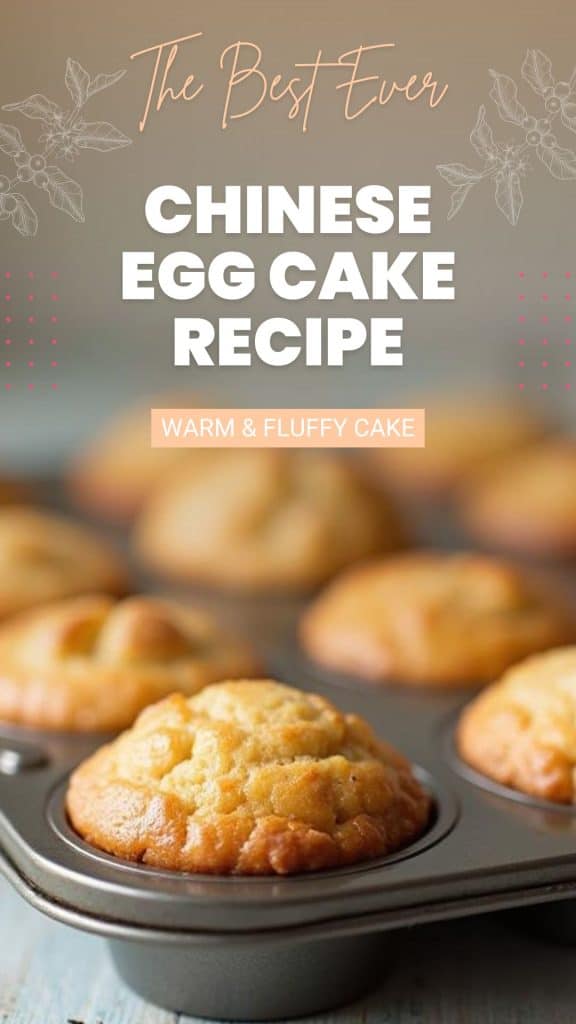I remember the first time I tasted Chinese Egg Cake as a child at a bustling street market in Beijing. The vendor handed me a warm, fluffy cake straight from the steamer, and its delicate sweetness captured my heart instantly.
This dessert has been a staple in Chinese households for generations, often serving as a comfort food during family gatherings. The beauty of the Chinese Egg Cake lies in its simplicity—using only a handful of high-quality ingredients to create a treat that is both light and satisfying.
It’s fascinating to think about how these egg cakes have traversed time, maintaining their charm and flavor, connecting us through shared culinary heritage.
What is Chinese Egg Cake?
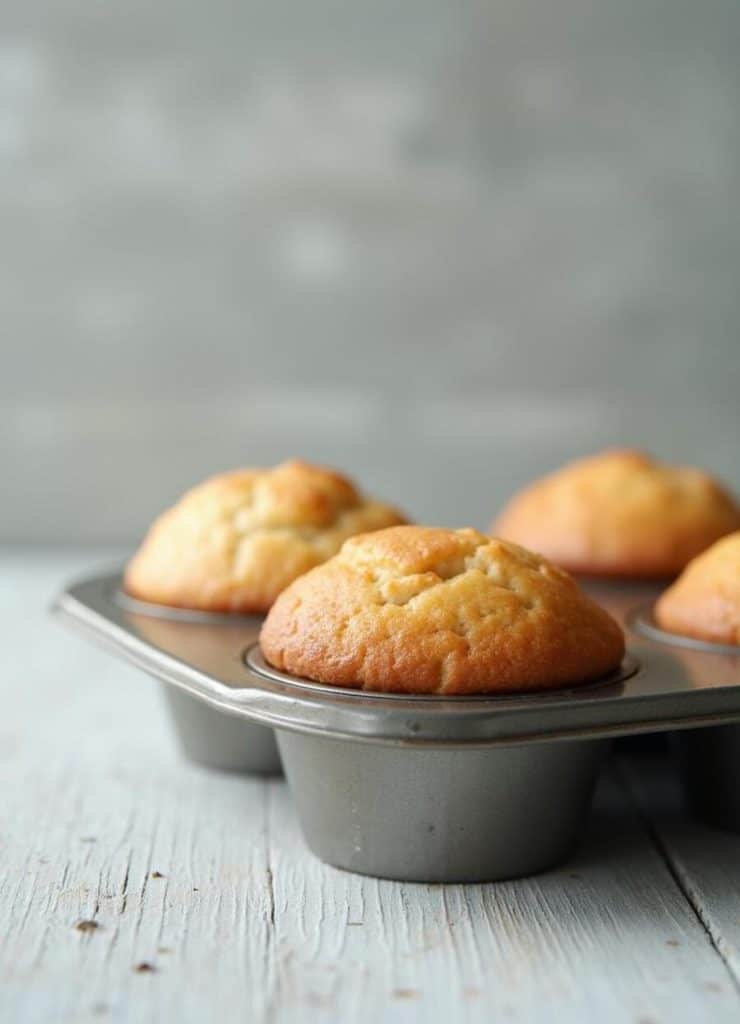
Chinese Egg Cake, or “Ji Dan Gao,” is a delightful dessert that hails from traditional Chinese kitchens.
It originated as a humble homemade cake, enjoyed by families across various regions of China. Over the years, modern adaptations have sprouted, infusing flavors like matcha or chocolate. But at its heart, the traditional version remains cherished for its straightforward ingredients and preparation.
Key Ingredients for Chinese Egg Cake:
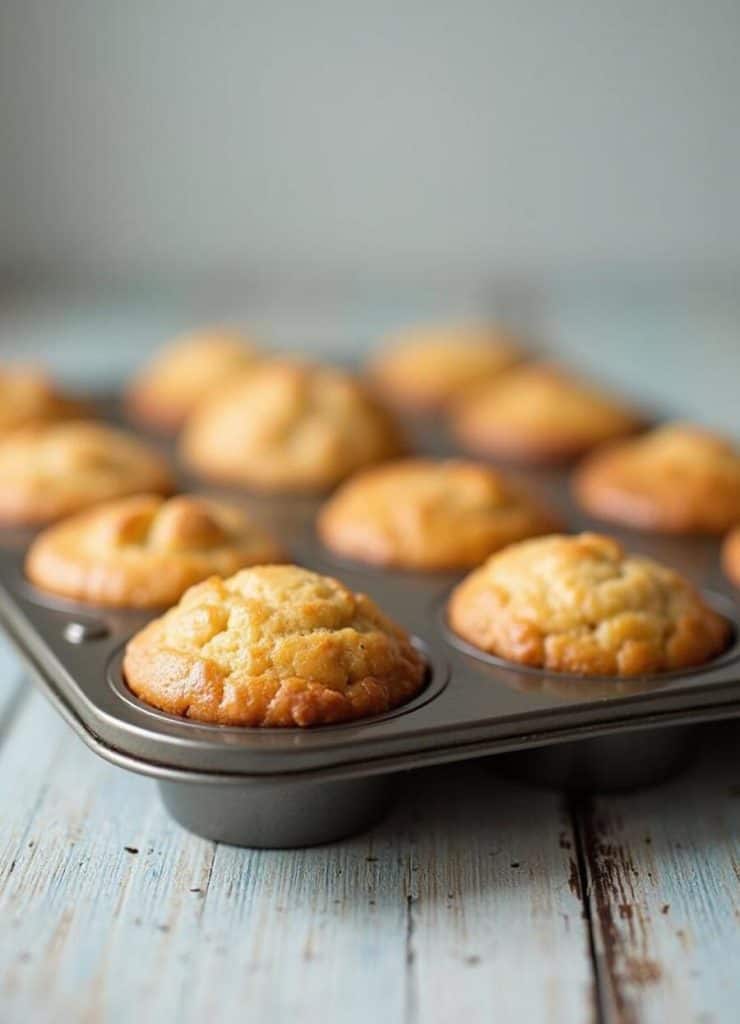
Essential Ingredients
To achieve that signature fluffiness and flavor, using the right ingredients is crucial:
- Eggs: High-quality, organic eggs provide the robust yolk and sturdy whites needed for the cake’s structure.
- Sugar: Fine granulated sugar aids in sweetening without weighing the batter down.
- Milk and Oil: Whole milk and a neutral oil like canola add moisture, balancing the cake’s lightness.
- Flour: Cake flour and a touch of cornstarch create a tender crumb.
- Vanilla and Optional Ingredients: A splash of vanilla extracts warmth and depth; consider lemon juice or cream of tartar to stabilize your meringue.
Preparing the Ingredients and Equipment:
Preparing Parchment Paper
Cutting and folding parchment paper inserts for your muffin tins is a crucial step. These inserts will support the cake as it rises, ensuring even cooking and preventing sticking.
Equipment Needed
Here’s what you’ll need: an electric mixer (to whip those egg whites to perfection), a mesh colander (for sifting dry ingredients), and a muffin tin (to portion the batter correctly).
Step-by-Step Recipe for Chinese Egg Cake:
Prepare the Egg Yolk Mixture
- Whisk 4 egg yolks with 1/2 cup of fine granulated sugar until pale and fluffy.
- Stir in 1/3 cup of whole milk, 1/4 cup of neutral oil, and a teaspoon of vanilla extract.
- Sift in 3/4 cup of cake flour and 2 tablespoons of cornstarch, folding gently to incorporate.
Prepare the Egg White Mixture
- Beat 4 egg whites with 1/2 teaspoon of lemon juice until foamy.
- Gradually add 1/4 cup of sugar, whipping until stiff peaks form.
- Carefully fold egg whites into the yolk mixture, ensuring not to deflate the batter.
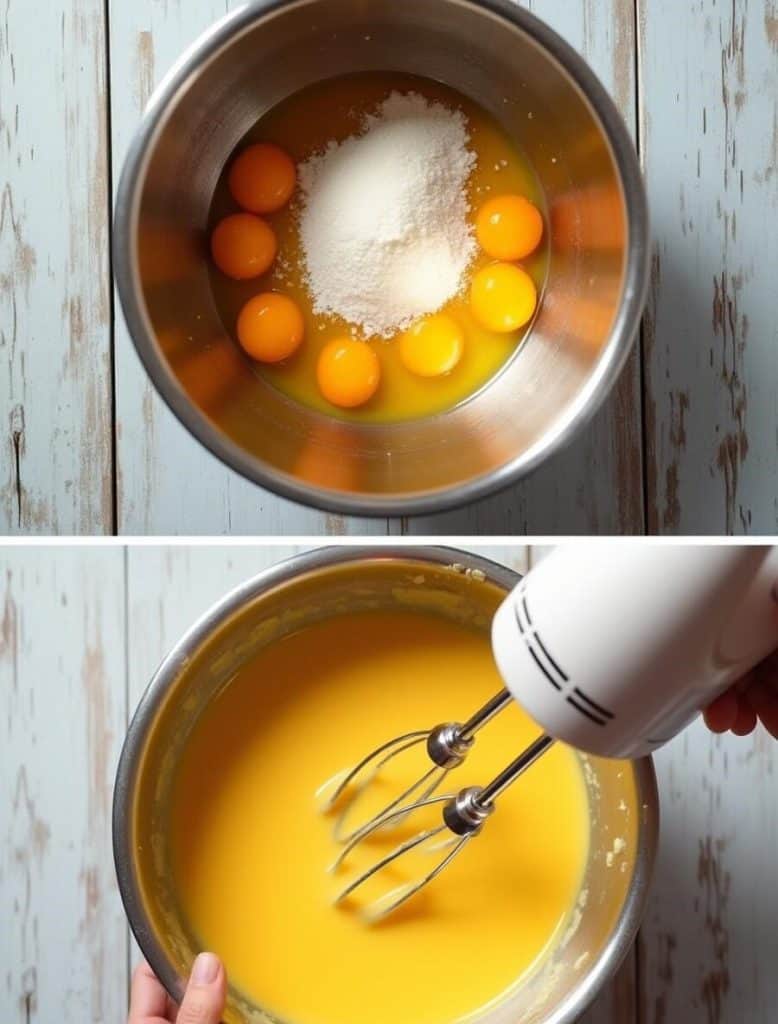
Combining and Baking the Batter
- Gently fold the two mixtures together until no streaks remain.
- Pour batter into prepared muffin tins lined with parchment paper.
- Bake at 350°F for 20-25 minutes, or until cakes are golden and a toothpick comes out clean.
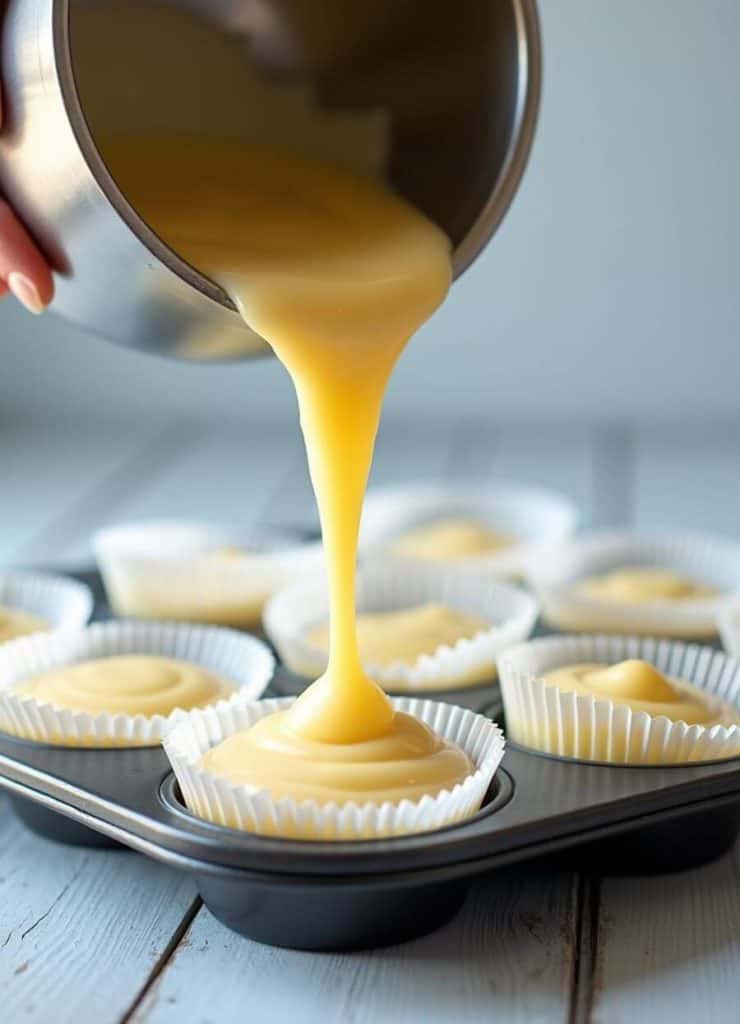
Alternative Methods: Steaming vs. Baking
Steaming Chinese Egg Cake
For a traditional touch, steaming offers a softer texture. Use a large steamer and ensure a constant steam flow. Avoid condensation by wrapping the lid with a cloth, preventing water drips that could affect the cake’s texture.
Baking Chinese Egg Cake
Preheat your oven to 350°F, preparing your tins as outlined. Bake for mentioned duration, achieving that golden hue and characteristic bounce.
Tips and Variations

Using Different Types of Flour
Swapping cake flour with a combination of all-purpose flour and cornstarch can mimic the elasticity of specialty cake flour, though it may flatten the cake’s trademark fluffiness slightly.
Adding Optional Ingredients
Try incorporating sesame seeds, chopped nuts, or even a dash of almond extract to elevate the flavor profile and add a personal twist.
Final Thoughts
In crafting this delightful dessert, the importance of quality ingredients and technique becomes undeniably clear. The Chinese Egg Cake is more than a sweet treat; it’s a nod to tradition, melding simplicity with skill.
I invite you to try this recipe, relishing in its storied history and delightful taste. For explorers of culinary heritage, numerous related recipes await discovery. Happy baking!
